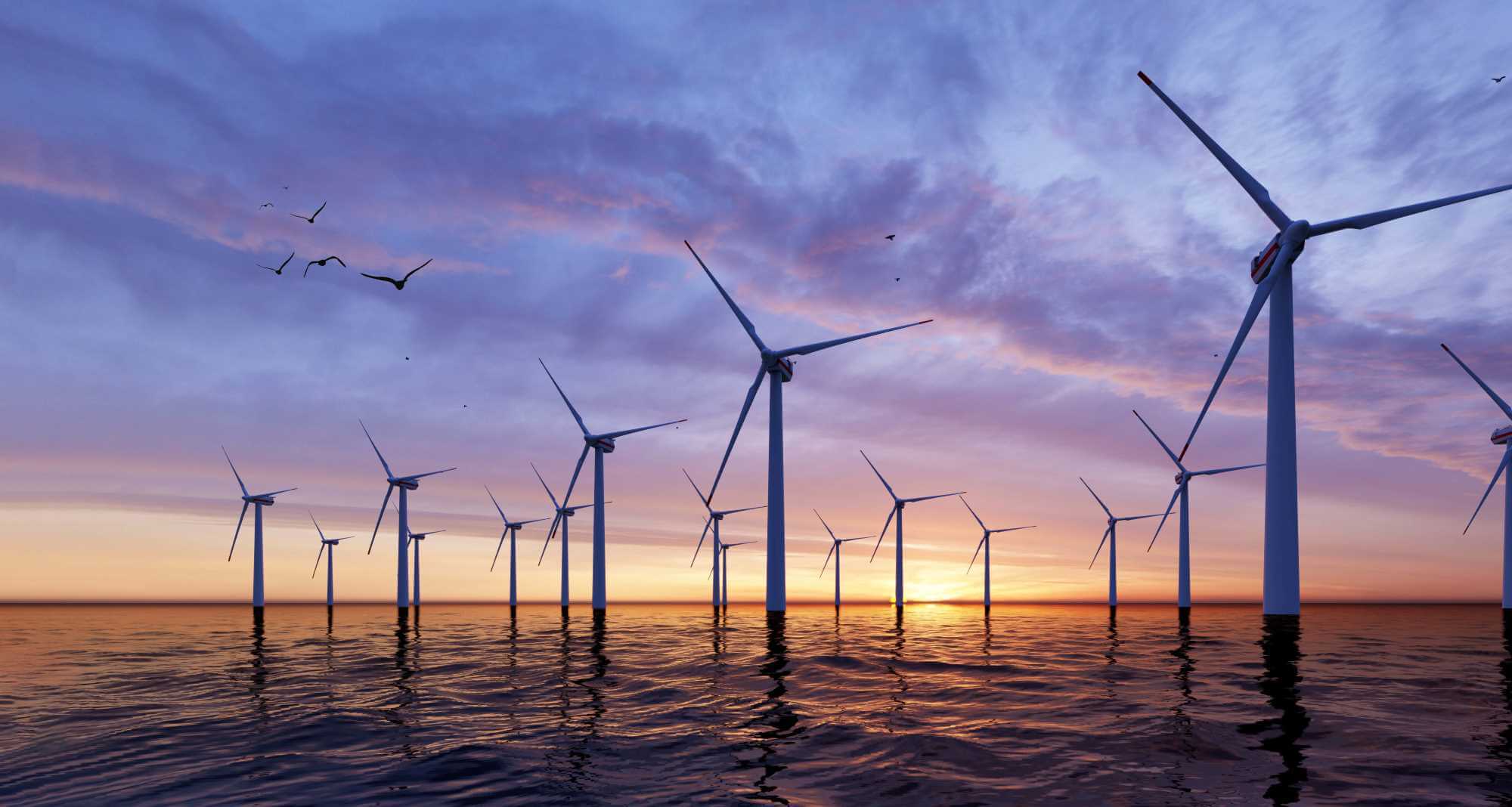Global energy efficiency initiative EP100 creates significant business savings
The Climate Group’s recent report has highlighted the financial savings of businesses that participated in the EP100 (Energy Productivity 100) in 2024, as a result of their energy efficiency measures11. The EP100 initiative aims to bring financial and environmental benefits to organisations, with members signing up to achieve at least one out of three commitments:
- achieving net zero carbon operations by 2030
- doubling energy productivity within 25 years
- implementing an energy management system within ten years
The Climate Group has reported a collective $164 million in cost savings last year for EP100 members, which is an average of $2.21 million per member. Last year, member organisations achieved an 8% average annual improvement in energy productivity , compared to the global average of 1%. And in 2024, 80% of members were on track to reach their energy productivity goals ahead of their target year, with four businesses having already reached their EP100 commitment.
The EP100 initiative has already saved 450 million metric tonnes of CO2e through their members’ measures, and has enabled financial savings of $1.7 billion since its inception. To find out more about the EP100, visit here12.
Long Duration Electricity Storage (LDES) support scheme opens for applications
Ofgem have launched a new scheme, allowing developers who are looking to deliver Long Duration Electricity Storage (LDES) projects between 2030 and 2033 to apply for financial support. The scheme is based on a cap-and-floor mechanism, which ensures a minimum revenue ‘floor’ for LDES operators, in order to regulate costs, with a revenue ‘cap’ that manages costs for consumers. This aims to increase investor confidence and encourage investment in LDES, which will be essential in helping to balance a grid that’s powered by renewables.
Applications for the LDES support scheme close on 9th June 2025 and the first projects will be approved by Q2 of 2026. If you would like to find out more, visit here13.
Consultation is launched on the principles and guidelines of using carbon credits
The UK Government has launched a consultation to support businesses and organisations in following best practice when using carbon credits within their climate strategies. While the Government acknowledges concerns about the largely unregulated market, this consultation and guidance aims to position the UK as a leader in this space, channelling “green finance” to high-integrity carbon markets that will speed up the transition to net zero14. Their proposed guidance includes six ‘principles’ for businesses to follow in order to address concerns of greenwashing when using carbon credits, building trust and confidence in the use of credits and ensuring transparency:
- Use carbon credits in addition to ambitious action to reduce emissions, complementing rather than displacing investment
- Ensure use of high integrity credits, such as those that are independently verified and validated
- Disclose all credit usage
- Incorporate credit use into long-term sustainability strategies
- Make accurate claims about carbon credit usage
- Collaborate with other credit buyers and organisations in order to extend the carbon credit market and create more equitable market access
The Department for Energy Security and Net Zero (DESNZ) is now asking for feedback on these principles and how they can be reflected in guidance and policy. The consultation is open from 17th April-10th July. If you’d like to have your say, visit here.
The management of business travel emissions
56% of people who oversee business travel policies for their organisation are currently measuring and planning to manage the environmental impact of their business travel, according to a recent survey with 1,000 participants15.
While the remaining 44% are not currently taking these measures, 46% of those polled stated that environmental sustainability is a top three priority in their business travel policies.
It’s encouraging to see that sustainability and the environmental impact of business travel is increasingly moving towards the forefront of businesses’ priorities. You can find out more about our own journey in managing our business travel emissions, and the low-carbon travel initiatives we offer, in our latest Bryt by Nature report, here.
Greenlink interconnector connects electricity between the UK and Ireland
Following the implementation of the 504MW Greenlink interconnector16, electricity is now flowing across the Irish Sea, between the UK and Ireland. This connects the networks of the UK’s National Grid and Ireland’s EirGrid. Positively, the connection is mostly free of sulphur hexafluoride (SF6), due to the use of an alternative insulating and switching gas. As we discuss in our Bryt by Nature report, SF6 is a gas with a global warming potential (GWP) 23,500 times greater than CO2 and therefore one of the most potent greenhouse gases. Using an alternative gas therefore decreases the emissions associated with the interconnector significantly.
It’s encouraging to see both nations collaborating to improve their energy security and resilience, helping both to reach their energy goals.








